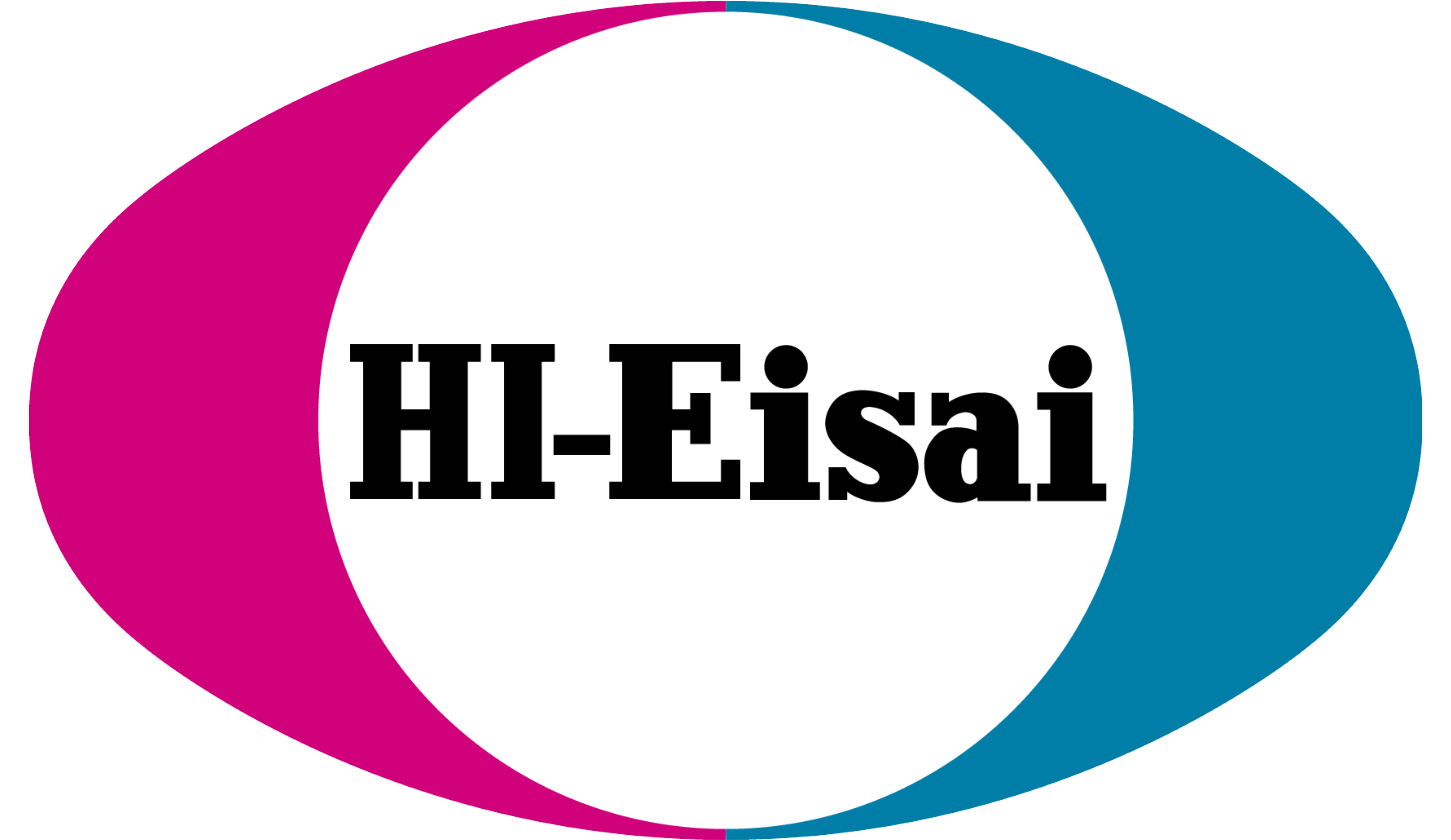Managing Insomnia During Periods of Stress or Change: Strategies for Improving Sleep Quality
Insomnia, characterized by difficulty falling asleep, staying asleep, or waking up too early and not being able to go back to sleep, can be particularly challenging during periods of stress or change, such as during exams or job changes. The following deep dive explores effective strategies for managing insomnia during these challenging times:
Understanding the Impact of Stress on Sleep:
Increased Arousal: Stressful events can lead to increased arousal, making it difficult to relax and fall asleep.
Racing Thoughts: Stressful situations can cause racing thoughts, making it hard to quiet the mind and fall asleep.
Disruption of Sleep Schedule: Stressful events can disrupt your regular sleep schedule, leading to irregular sleep patterns and insomnia.
Strategies for Managing Insomnia During Stressful Periods:
Establish a Relaxing Bedtime Routine: Create a calming bedtime routine to help signal to your body that it’s time to wind down. This could include activities such as reading, taking a warm bath, or practicing relaxation techniques.
Limit Stimulants: Avoid stimulants such as caffeine, nicotine, and electronic devices close to bedtime, as they can interfere with your ability to fall asleep.
Mindfulness and Meditation: Practice mindfulness or meditation to help calm your mind and reduce stress levels before bed.
Regular Exercise: Engage in regular physical activity, but avoid vigorous exercise close to bedtime, as it can be stimulating.
Healthy Sleep Environment: Create a sleep-friendly environment that is cool, dark, and quiet to promote better sleep.
Limit Screen Time: Avoid using electronic devices such as smartphones, tablets, and computers before bed, as the blue light emitted can interfere with your body’s natural sleep-wake cycle.
Cognitive Behavioral Therapy for Insomnia (CBT-I):
Stimulus Control: This technique involves creating a sleep-conducive environment and associating the bed with sleep and relaxation.
Sleep Restriction: This technique involves limiting the time spent in bed to the actual amount of time spent asleep, helping to consolidate sleep and improve sleep efficiency.
Sleep Hygiene Education: CBT-I includes education about healthy sleep habits and practices that promote better sleep.
Consulting a Healthcare Professional:
If insomnia persists despite trying these strategies, it may be helpful to consult a healthcare professional. They can help identify any underlying issues contributing to your insomnia and recommend appropriate treatment options.
Conclusion:
Managing insomnia during periods of stress or change requires a combination of lifestyle changes, stress management techniques, and, in some cases, professional intervention. By implementing these strategies, you can improve your sleep quality and overall well-being during challenging times.






